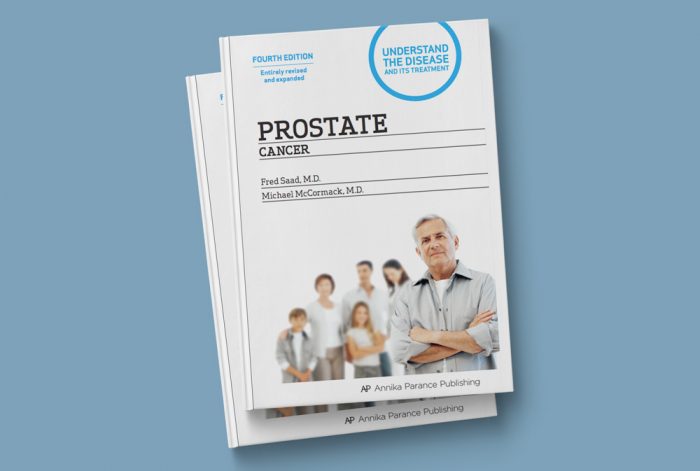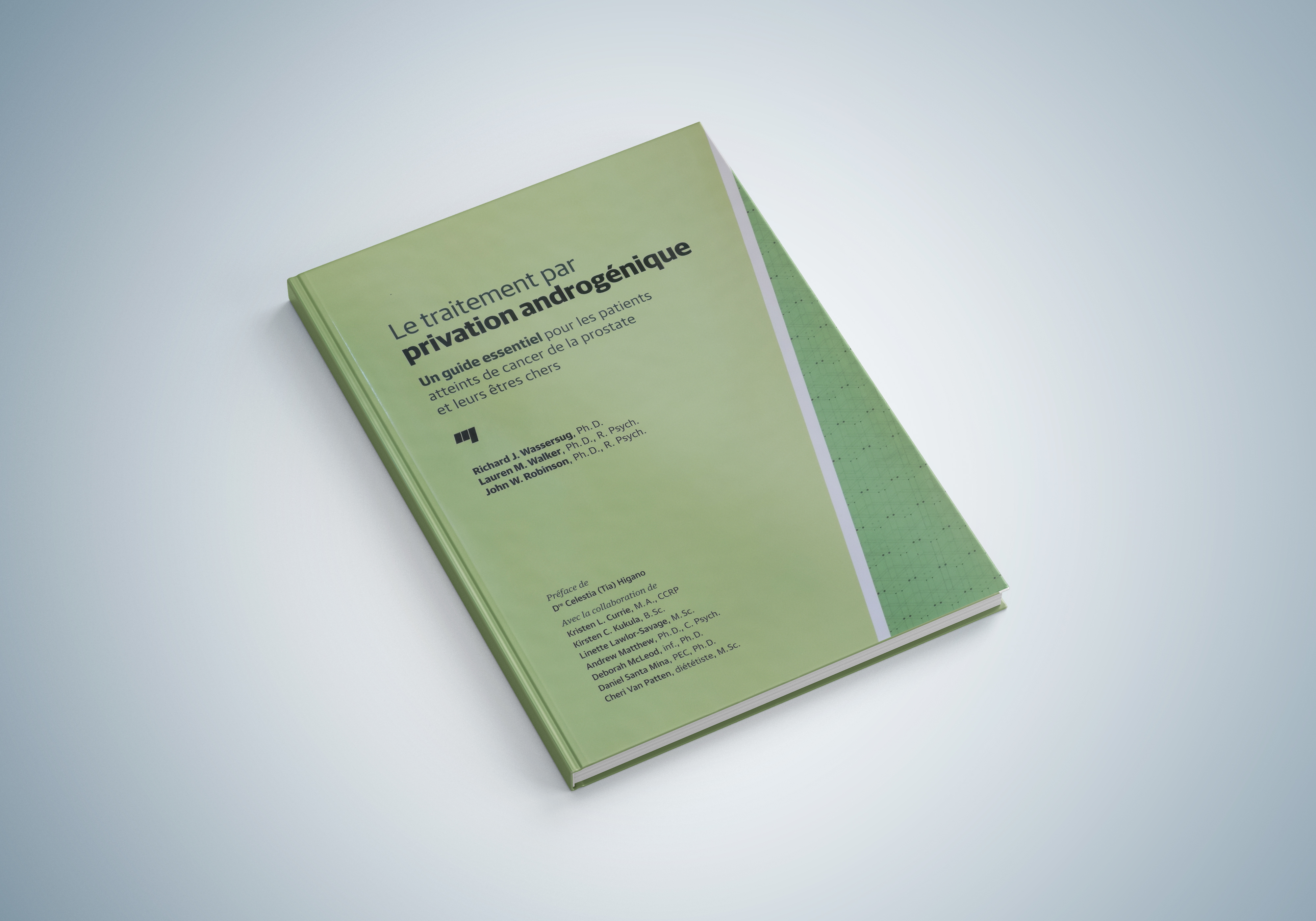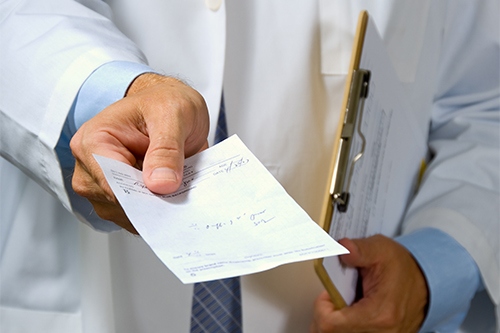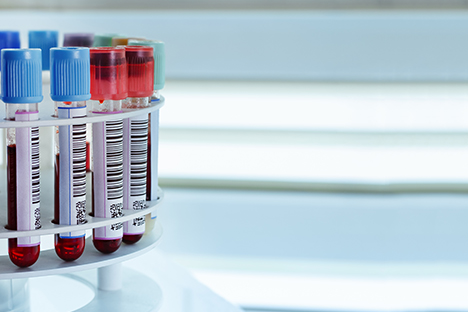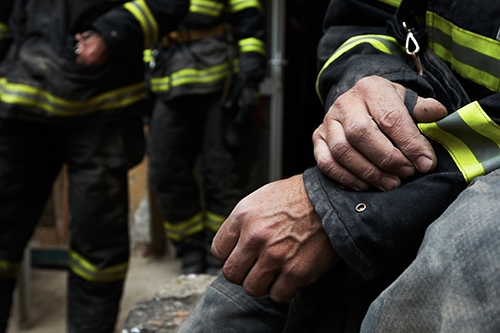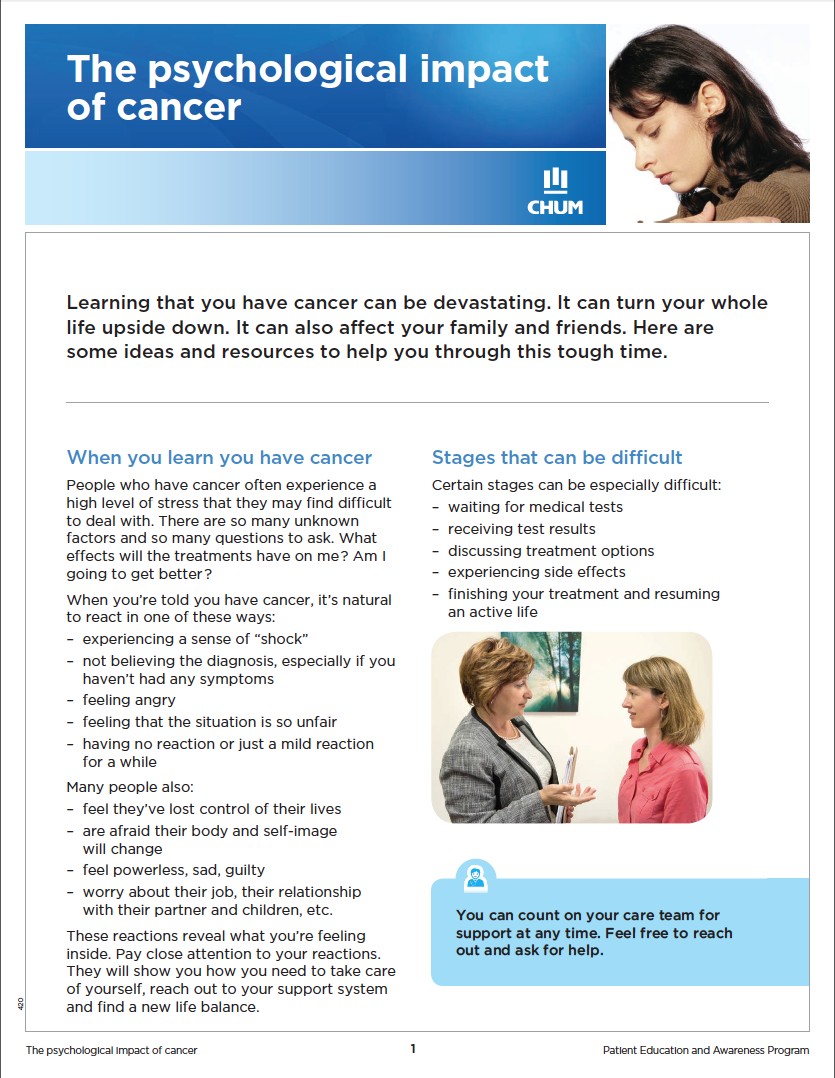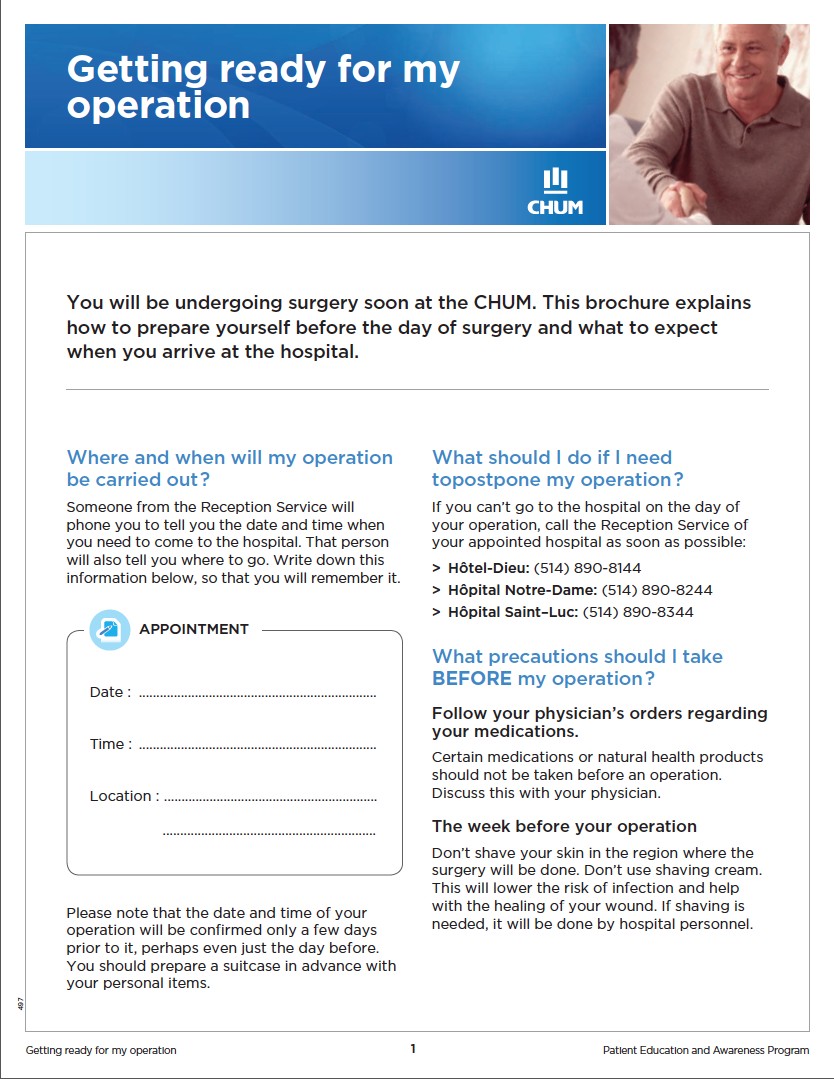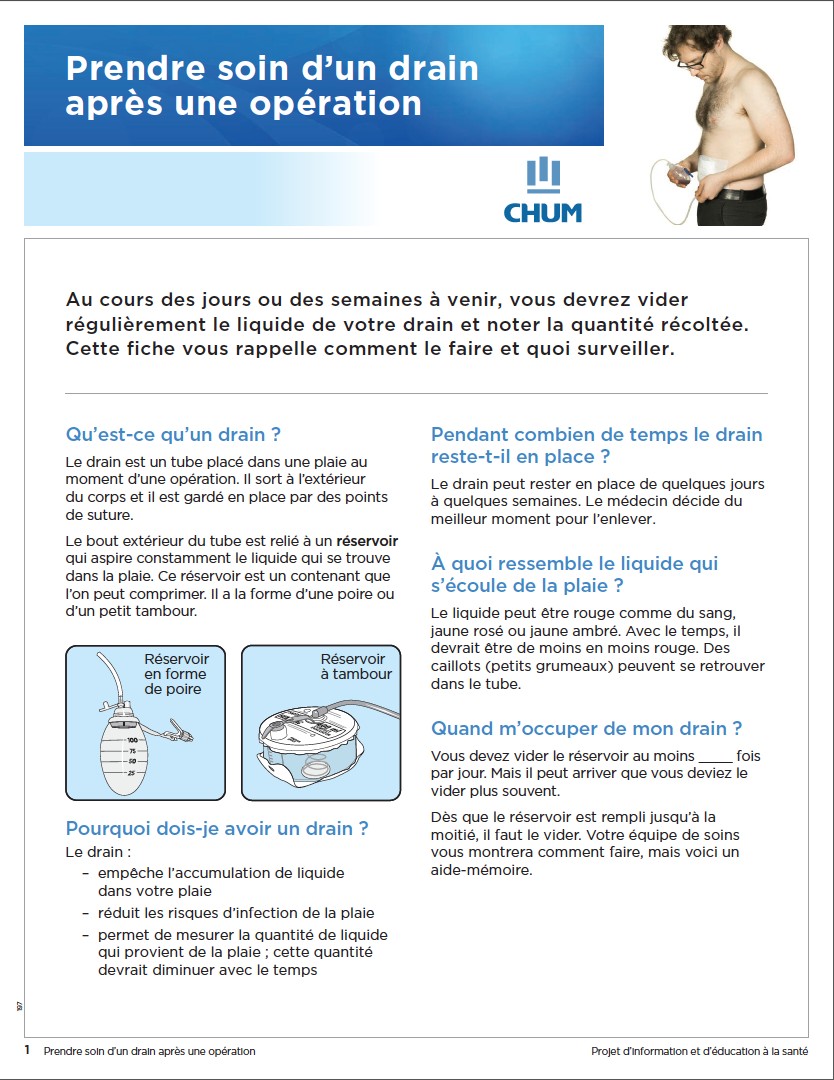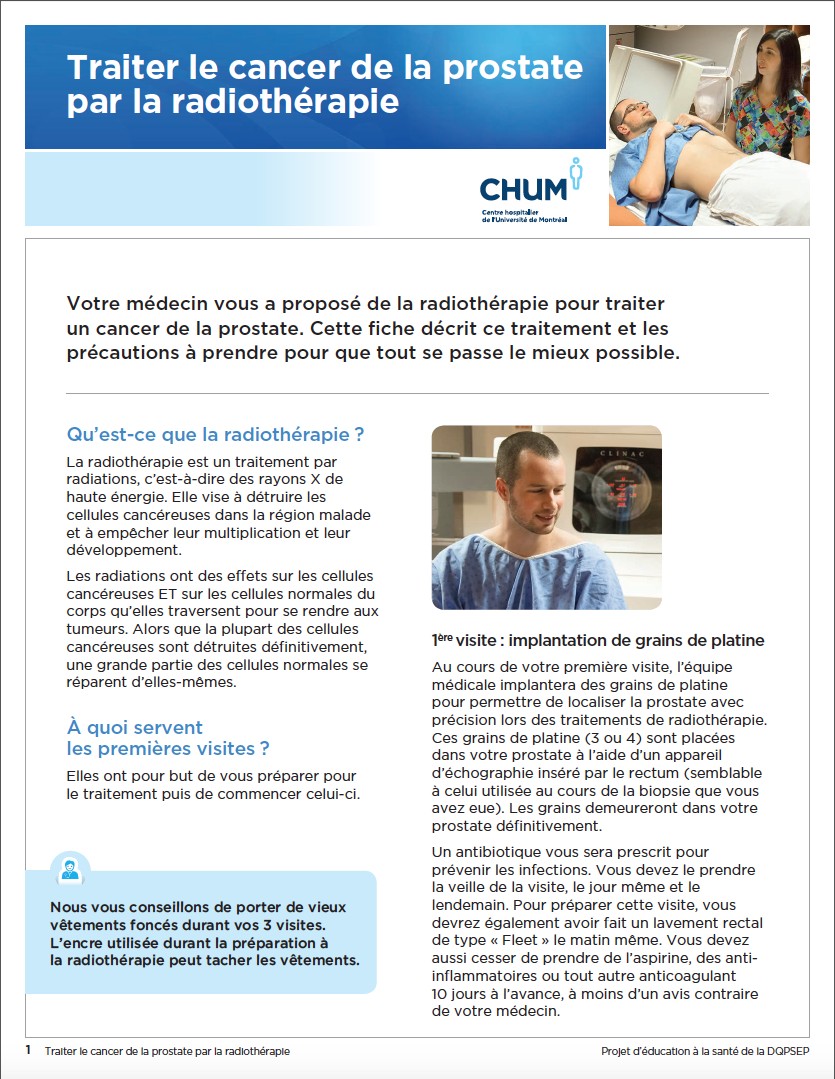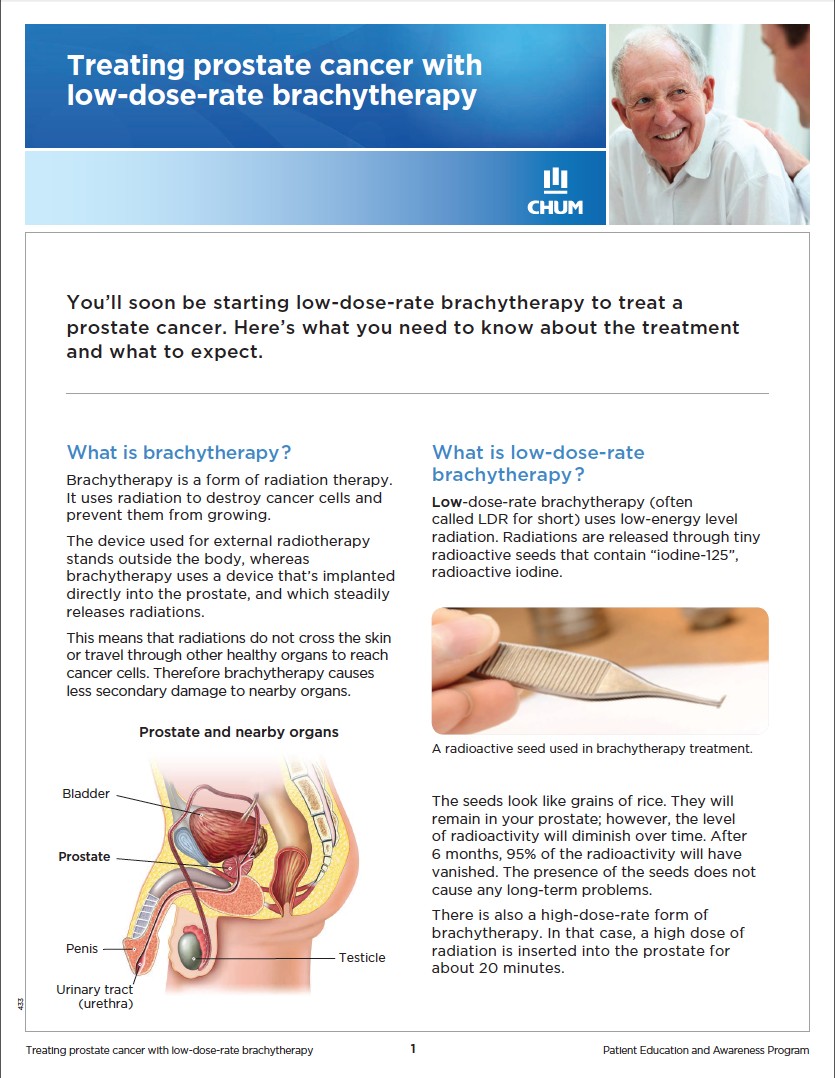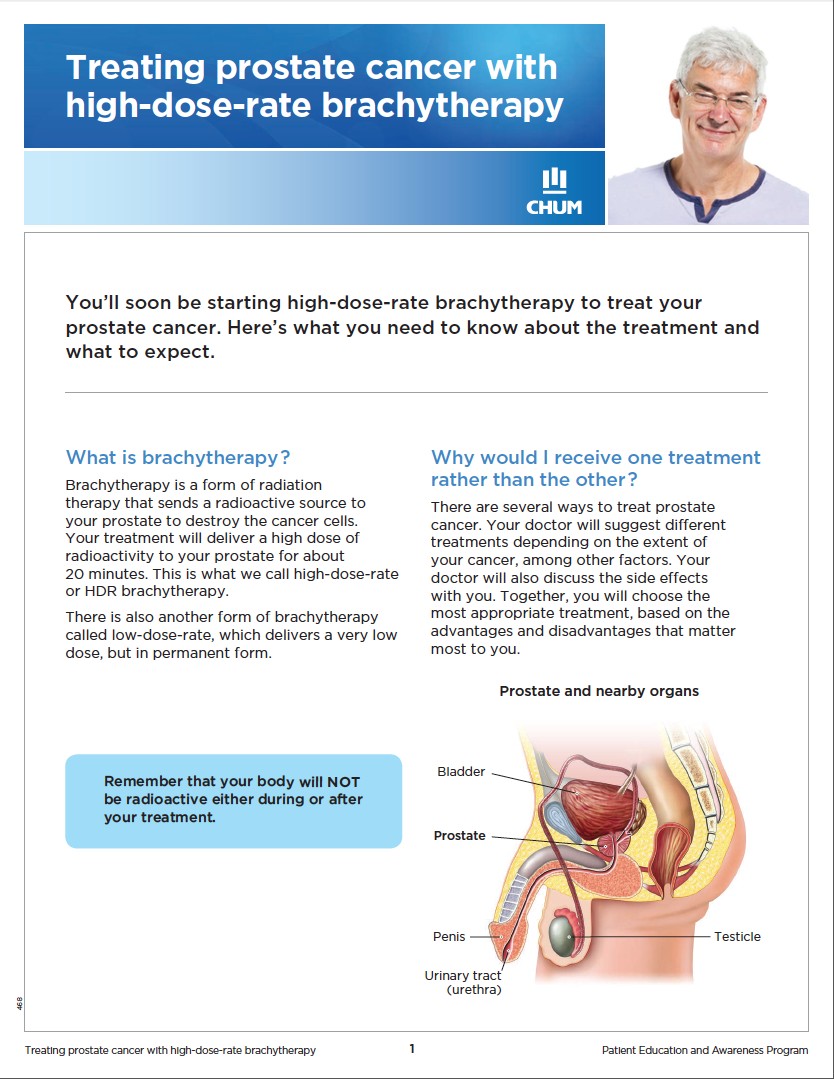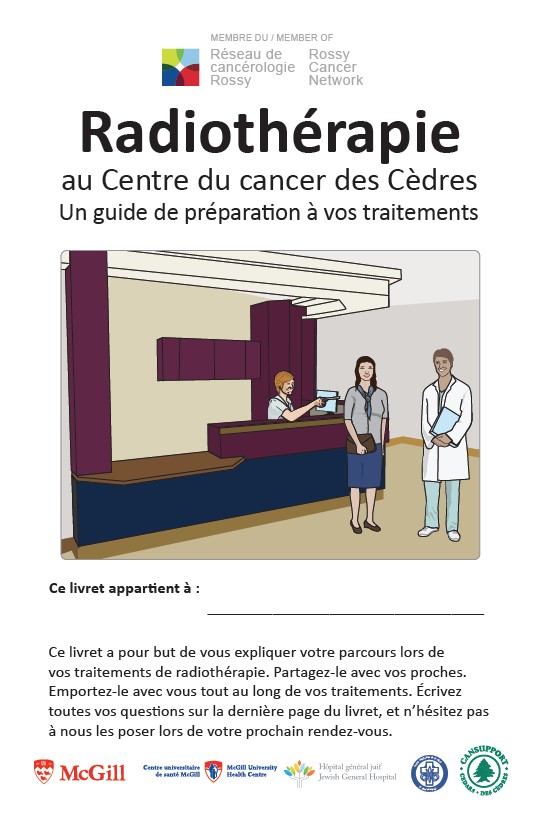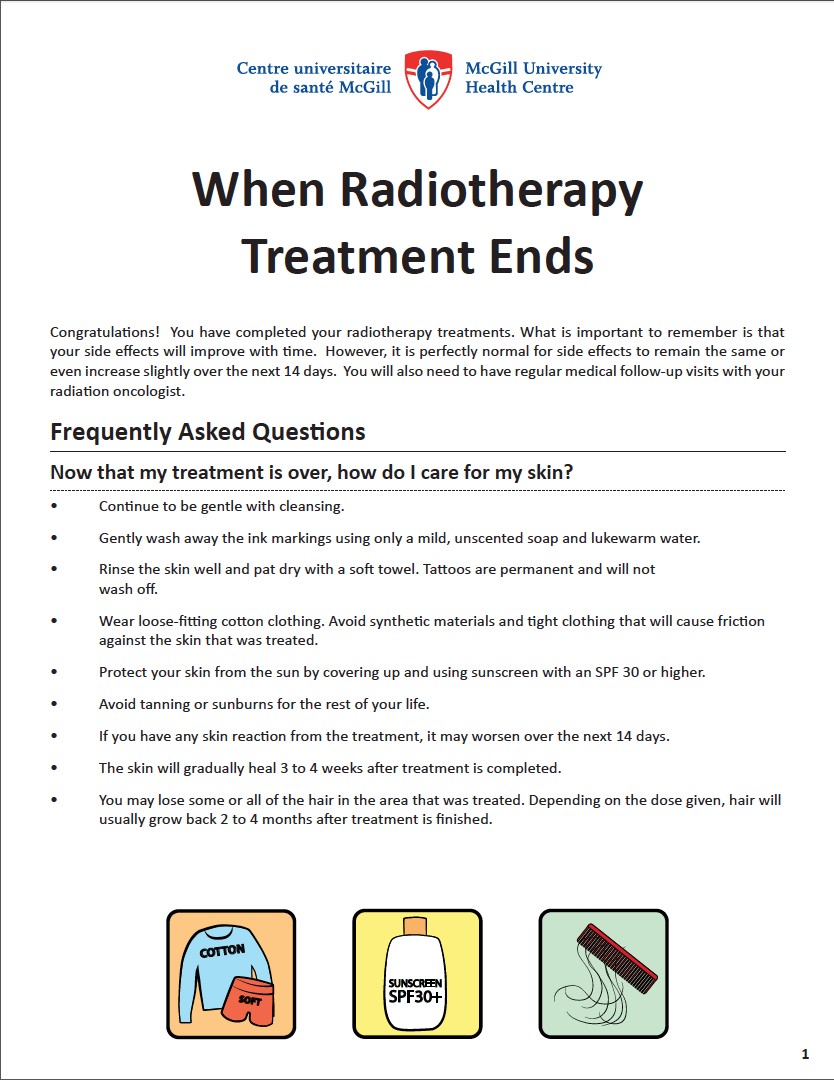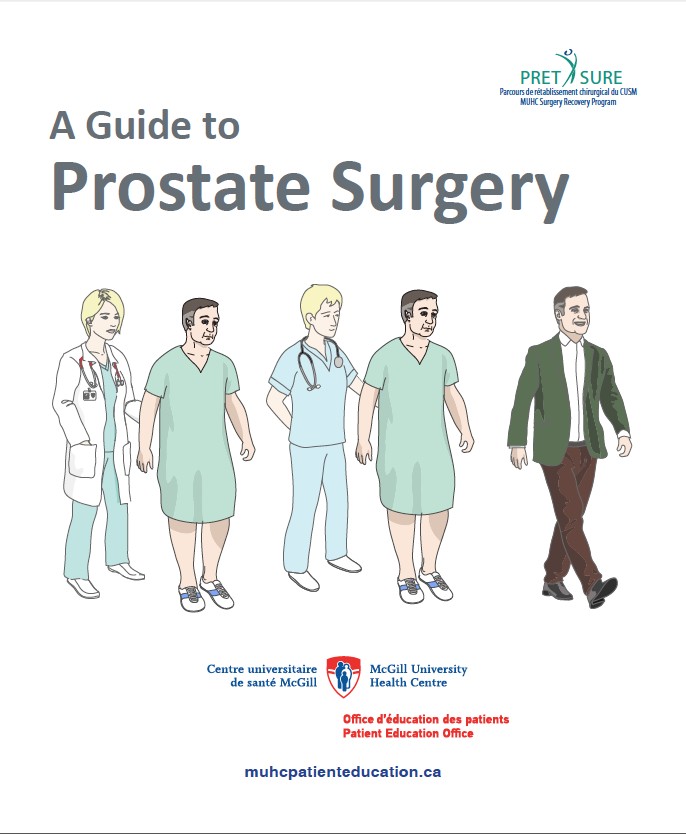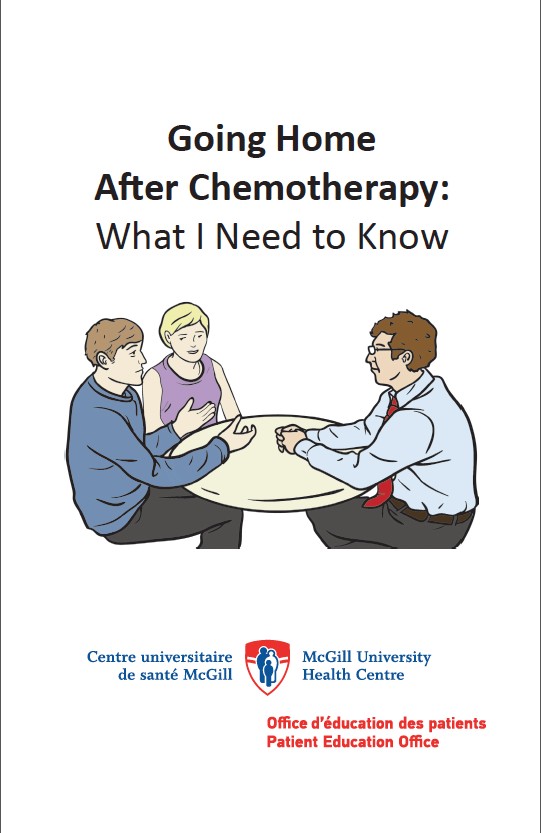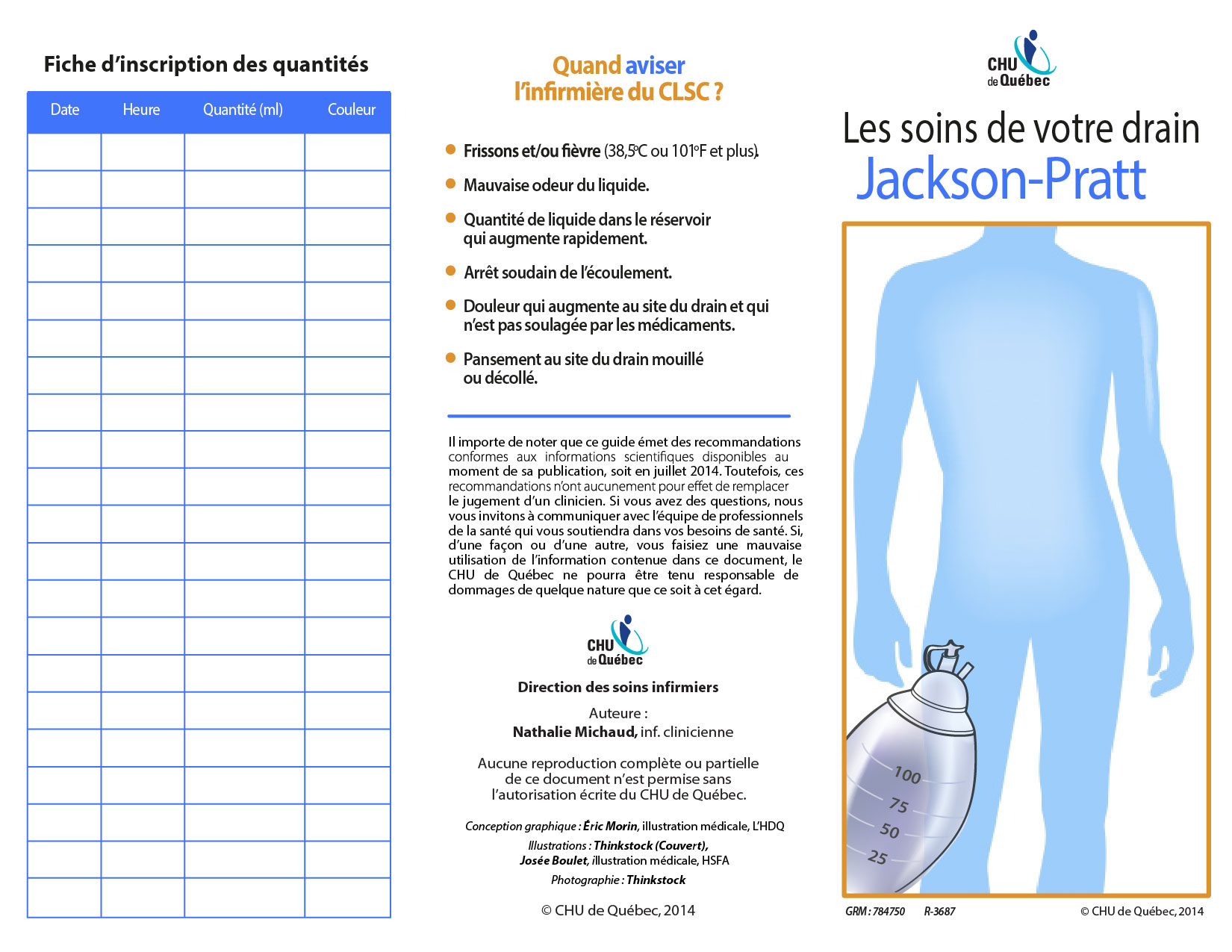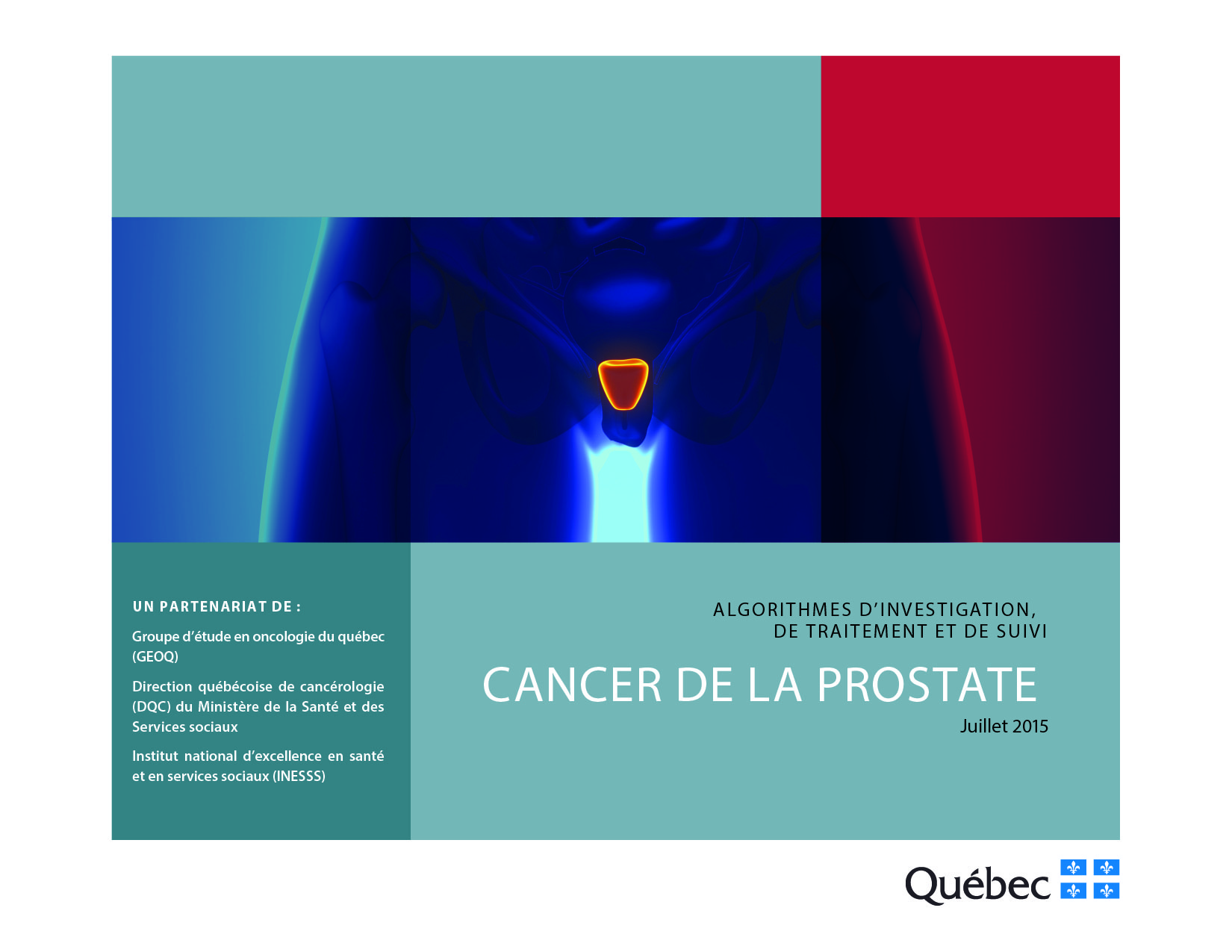Publications
In this section, you will find our publications as well as the 4th edition of the 206-page book “Prostate Cancer – Understand the Disease and Its Treatment”, an extraordinary source of information, written by two leading experts in the field of prostate cancer. All our publications are free of charge upon request and can also be viewed online or downloaded as needed. To obtain your free copies in English or French, please contact us by phone at 1 855 899-2873 or by e-mail at info@procure.ca.
You will also find brochures, fact sheets or patient guides from University Hospital Centers or Patient Associations. These documents, offering a great of valuable information, do not belong to PROCURE and are protected by copyright. We have included them in this section so that you know they exist and that they can guide you before, during or after your treatment. You can access these documents by clicking on the image or the link to their website. It should be noted that some publications are only available in French. They will be uploaded in this section as soon as they become available in English. We do not stock this material.
Table of content
Patient Guides
Facing Advanced Prostate Cancer: A Practical Guide for Patients and Families
This guide is designed for men living with advanced prostate cancer and their loved ones. It offers clear information on cancer types, available treatment options, common side effects, and practical tips for managing them. You’ll also find guidance on nutrition, physical activity, mental health, and clinical trials. This is an essential tool to help you better understand the disease, ask informed questions during medical appointments, and make confident decisions throughout your care journey.
This guide was made possible thanks to an educational grant from the following healthcare industry partners committed to supporting patients with advanced prostate cancer: Abbvie, Astellas, Astra Zeneca, Bayer, Novartis, Pfizer, Tolmar. PROCURE acknowledges their support in the development of this resource and remains responsible for the complete, impartial, and independent production of the content.
Hormone therapy: Guide for men affected by prostate cancer and their relatives
The purpose of this guide is to inform patients and their loved ones about hormone therapy and to give some useful tips for managing symptoms and taking care of themselves. Support for its production was provided by an unrestricted educational grant from Tolmar.
Information Sheets
Prostate cancer and your heart healh:
Brochures and leaflets
Books
Additional resources
Nourish part 1: Building meals that works
Health Professionals: Click here if you would like to order copies for your patients
Health Professionals: Click here if you would like to order copies for your patients
Canadian Cancer Society Publications
Eating well when you have cancer
Complementary therapies
Sexuality and cancer
Living with advanced cancer
Pain Relief
Clinical Trials – Are they for me
When a relative has cancer
CHUM Publications
You will find several health information sheets on the CHUM website: https://www.chumontreal.qc.ca/en/fiches-sante
The psychological impact of cancer
Take care of your drain after surgery
Treating prostate cancer with radiation therapy
Treating prostate cancer with low-dose brachytherapy (permanent seeds)
Treating prostate cancer with high-dose brachytherapy
CUSM Publications
Treating prostate cancer with radiation therapy
When your radiotherapy ends
Guide to a prostate cancer radical surgery
Going home after chemothrapy
CHU de Québec Publications
What is a Jackson-Pratt Drain
Treatment Options Publications
Treatment algorithms for all stages of prostate cancer










